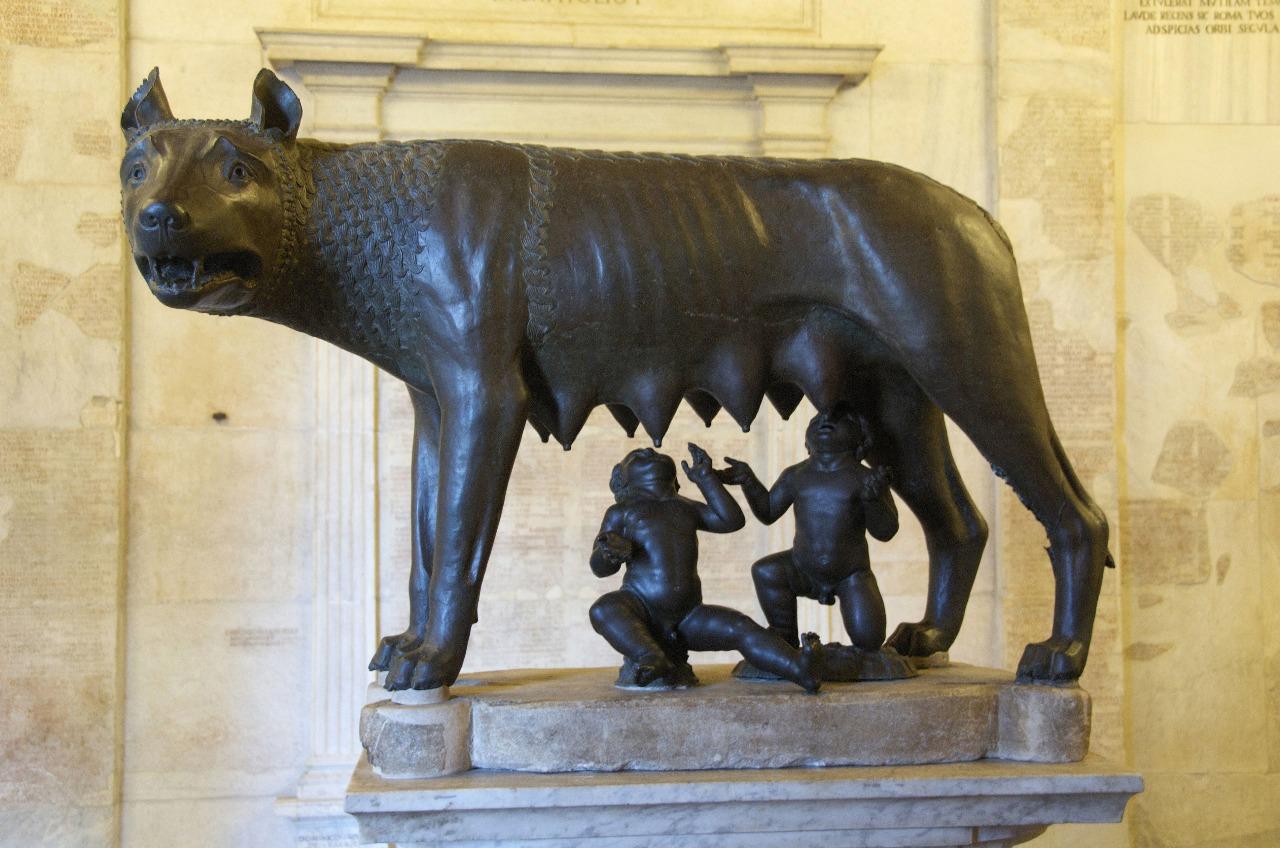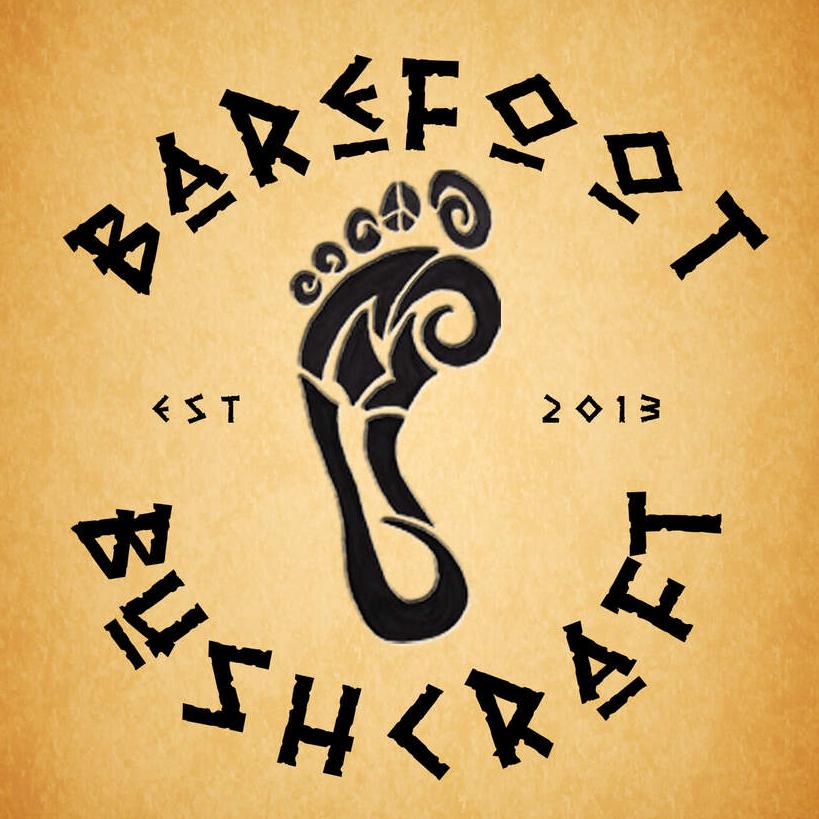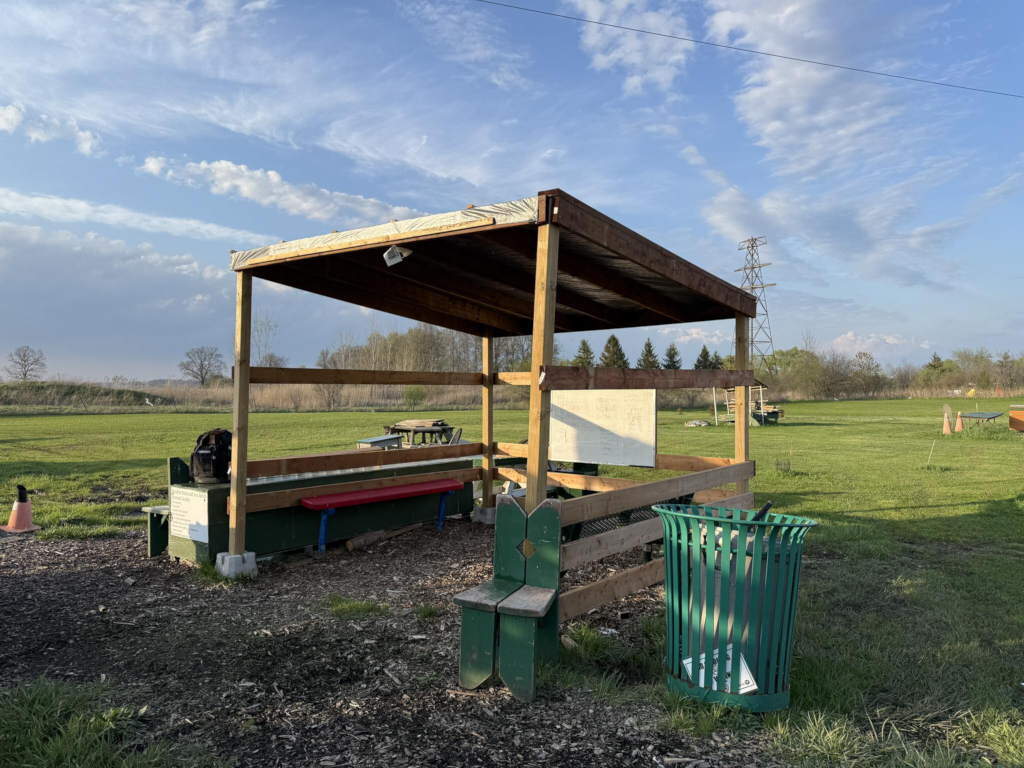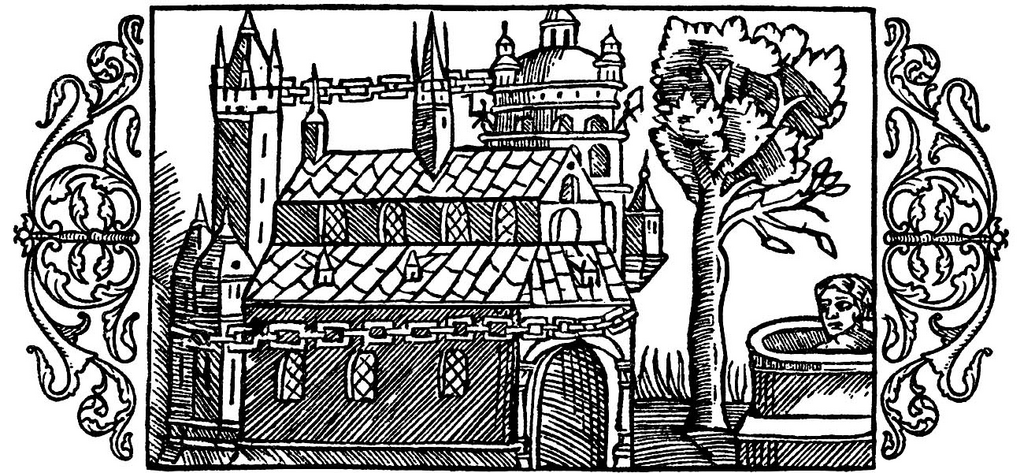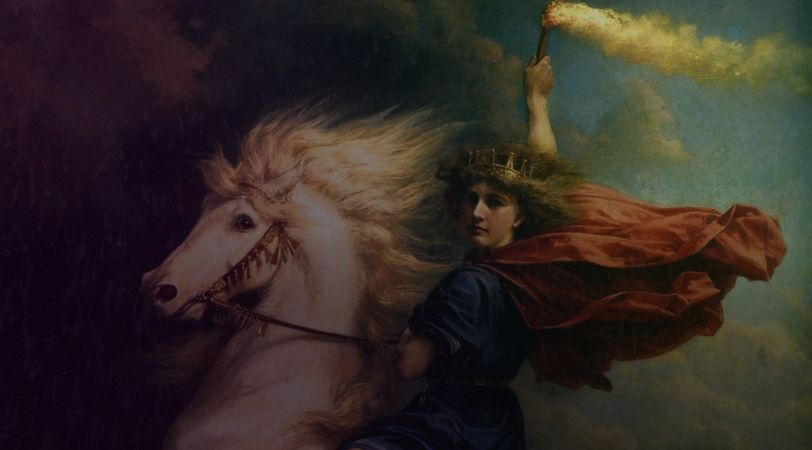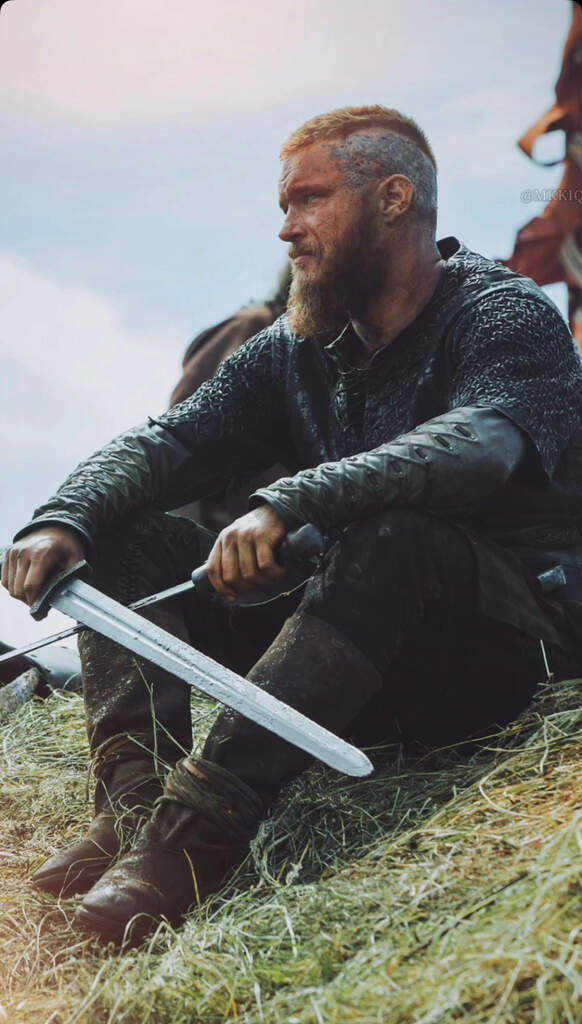Hello everyone, my name is Henrique Lins, popularly known as Henrique, the Roman, and the reason for this will become clear below hehehe.
I am a resident of Rio de Janeiro, one of the states in Brazil, and one of the few people who publicly shares clear information about paganism, specifically Roman Paganism.
As is probably already clear from my nickname, profile picture, and cover photo, I am connected to Roman paganism as a practitioner, reconstructionist, and deep scholar of Roman arts, literature, and religion, so that we can base ourselves on the central pillars of the ancient Italic faith. It’s also worth noting that I maintain a certain revival of Roman religious practices without the presence of Greco-Roman syncretism, but rather something more native and related to the Latin, Sabine, and Etruscan peoples, who were the main founders of the Roman people in antiquity.
I tirelessly study the works of ancient scholars such as Cato the Elder, Cicero, Varro, Horace, Catullus, Juvenal, among others, who for me are clear bridges to the revival of historical paganism in modern times. Additionally, during my journey in Roman paganism, I was responsible for a Portuguese translation of Ovid’s Fasti.
I am also the founder of an order called the Circle of the Augustal Fraternity, created to promote and disseminate the Roman imperial cult, a branch of Roman paganism focused on the worship of the imperial family and the emperors themselves. I am also a key member of Brazil’s Roman pagan community, called Cultus Deorum Brasilis, as a member of the priestly current and one of the main people responsible for organizing the library that, together with other members of the current, we are building, both structurally and in terms of content. It’s worth mentioning that there are works I translate exclusively for the community, as I did with Cicero’s De Natura Deorum.
It is an immense pleasure to be part of this community!
I am a resident of Rio de Janeiro, one of the states in Brazil, and one of the few people who publicly shares clear information about paganism, specifically Roman Paganism.
As is probably already clear from my nickname, profile picture, and cover photo, I am connected to Roman paganism as a practitioner, reconstructionist, and deep scholar of Roman arts, literature, and religion, so that we can base ourselves on the central pillars of the ancient Italic faith. It’s also worth noting that I maintain a certain revival of Roman religious practices without the presence of Greco-Roman syncretism, but rather something more native and related to the Latin, Sabine, and Etruscan peoples, who were the main founders of the Roman people in antiquity.
I tirelessly study the works of ancient scholars such as Cato the Elder, Cicero, Varro, Horace, Catullus, Juvenal, among others, who for me are clear bridges to the revival of historical paganism in modern times. Additionally, during my journey in Roman paganism, I was responsible for a Portuguese translation of Ovid’s Fasti.
I am also the founder of an order called the Circle of the Augustal Fraternity, created to promote and disseminate the Roman imperial cult, a branch of Roman paganism focused on the worship of the imperial family and the emperors themselves. I am also a key member of Brazil’s Roman pagan community, called Cultus Deorum Brasilis, as a member of the priestly current and one of the main people responsible for organizing the library that, together with other members of the current, we are building, both structurally and in terms of content. It’s worth mentioning that there are works I translate exclusively for the community, as I did with Cicero’s De Natura Deorum.
It is an immense pleasure to be part of this community!
Hello everyone, my name is Henrique Lins, popularly known as Henrique, the Roman, and the reason for this will become clear below hehehe.
I am a resident of Rio de Janeiro, one of the states in Brazil, and one of the few people who publicly shares clear information about paganism, specifically Roman Paganism.
As is probably already clear from my nickname, profile picture, and cover photo, I am connected to Roman paganism as a practitioner, reconstructionist, and deep scholar of Roman arts, literature, and religion, so that we can base ourselves on the central pillars of the ancient Italic faith. It’s also worth noting that I maintain a certain revival of Roman religious practices without the presence of Greco-Roman syncretism, but rather something more native and related to the Latin, Sabine, and Etruscan peoples, who were the main founders of the Roman people in antiquity.
I tirelessly study the works of ancient scholars such as Cato the Elder, Cicero, Varro, Horace, Catullus, Juvenal, among others, who for me are clear bridges to the revival of historical paganism in modern times. Additionally, during my journey in Roman paganism, I was responsible for a Portuguese translation of Ovid’s Fasti.
I am also the founder of an order called the Circle of the Augustal Fraternity, created to promote and disseminate the Roman imperial cult, a branch of Roman paganism focused on the worship of the imperial family and the emperors themselves. I am also a key member of Brazil’s Roman pagan community, called Cultus Deorum Brasilis, as a member of the priestly current and one of the main people responsible for organizing the library that, together with other members of the current, we are building, both structurally and in terms of content. It’s worth mentioning that there are works I translate exclusively for the community, as I did with Cicero’s De Natura Deorum.
It is an immense pleasure to be part of this community!







